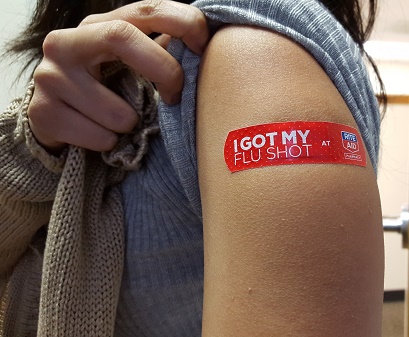
The 1918 midterm elections occurred during one of the most severe pandemics in history: the Spanish Flu. As part of our coverage of the coronavirus pandemic, we’ll occasionally look back at a story from the 1918 elections to see how America met the challenges of holding elections during a national health emergency.
Voters in northern California went to the polls Nov. 5, 1918, to decide between W.B. Shearer and E.W. Eifendahl, who were running the state Senate, District 2 race. Shearer won—by three votes. The Oakland Tribune wondered “Was the ‘Flu’ to Blame?”.
In a Nov. 18 article, The Tribune questioned how the closure of one voting precinct might have tipped the election in Shearer’s favor and assessed how his victory would affect the national campaign for alcohol prohibition that the state Senate might vote to ratify.
On the closed precinct:
“How important results sometimes hinge on inconsiderable and unexpected incidents is illustrated in the fight in the second senatorial district. Because of the prevalence of the influenza, the polls of Ingot precinct in Shasta county remained closed on election day. In that precinct, 95 voters are registered.”
On the vote to ratify a constitutional amendment prohibiting alcohol:
“It is believed that the State Senate will be so constituted by this result that ratification of the national prohibition measure may be defeated. Eifendahl might have been elected if the polls of Ingot precinct had been open. It is also possible that a refusal by California to endorse this national amendment may be the turning of a tide against it.”
California ratified the Eighteenth Amendment on Jan. 13, 1919.

